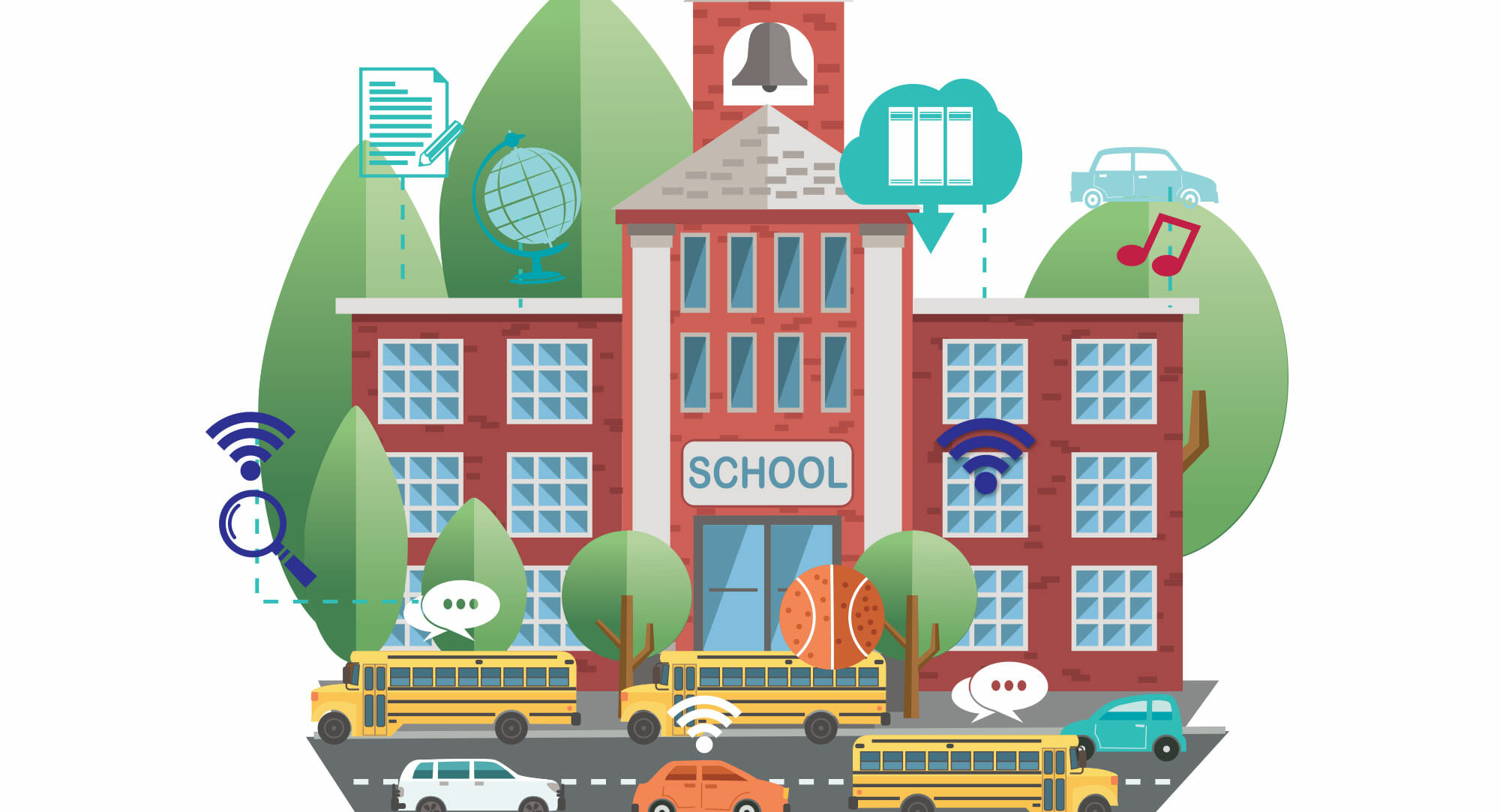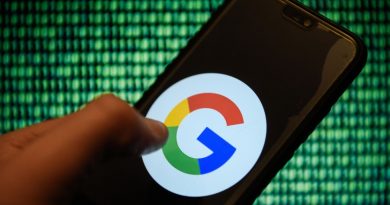Google Faces New Legal Action For Violating COPPA

The millions of children now taking online elementary school classes due to COVID-19 has proven to be a boon for Google, however the huge increase in usage comes at a time when the company is being sued by two entities for violating state and federal child privacy regulations for its other learning tools.
This week two California school children filed a complaint against Google alleging the company violated state and federal privacy protection laws aimed to keep children safe online. This joins a court filing made by New Mexico Attorney General Hector Balderas in February alleging Google conducted illegal data collection using Chromebooks distributed for free to disadvantaged students.
“The types of information collected include geolocation information, websites visited, terms searched for on Google and YouTube, contact lists, voice recordings, and more. Federal law prohibits companies from collecting these types of information from children under 13 without parental consent,” Balderas said.
The California court action states Google violated Illinois’ Children’s Online Privacy Protection Act, California’s Unfair Competition Law and the federal Children’s Online Privacy Protection Act (COPPA) by collecting, storing and using the children’s biometric identifiers along with other PII without the required consent of their parents or guardians, according to court documents. The suit was filed in the U.S. District Court for the Northern District of California by plaintiffs H.K. and J.C., both minors, through their father Clinton Farwell.
Balderas’ suit also claims a violation of COPPA along the New Mexico’s Unfair Practices Act.
The California suit alleges Google collected the data not only of the two plaintiffs, but also of millions of other children across the country.
The medium allegedly used to gather the information were Google Chromebook.
“When these children use Google’s “G Suite for Education” platform on the company’s ChromeBook laptops at school, Google creates, collects, stores and uses their “face templates” (or “scans of face geometry”) and “voiceprints” – highly sensitive and immutable biometric data – as well as various other forms of personally identifying information pertaining to these children,” the court document states.
Chromebooks are not the only tool Google has available for online learning. Its Google Classroom app is available for use on any device.
The security firm Sophos, citing Appbrain, found the Google Classroom app had not been widely downloaded prior to the outbreak of Coronavirus. However, as of March 28 it has registered 50 million downloads as schools hurriedly moved to an online learning environment.
The permissions required upon downloading the app include access to contacts, camera, media files, the ability to read and the right to access any attached USB storage device, finding and the ability to remove any accounts on the device, receive data from internet, full network access, view network connections, control vibration, measure app storage space, read Google service configuration, and prevent device from sleeping.
READ MORE HERE

